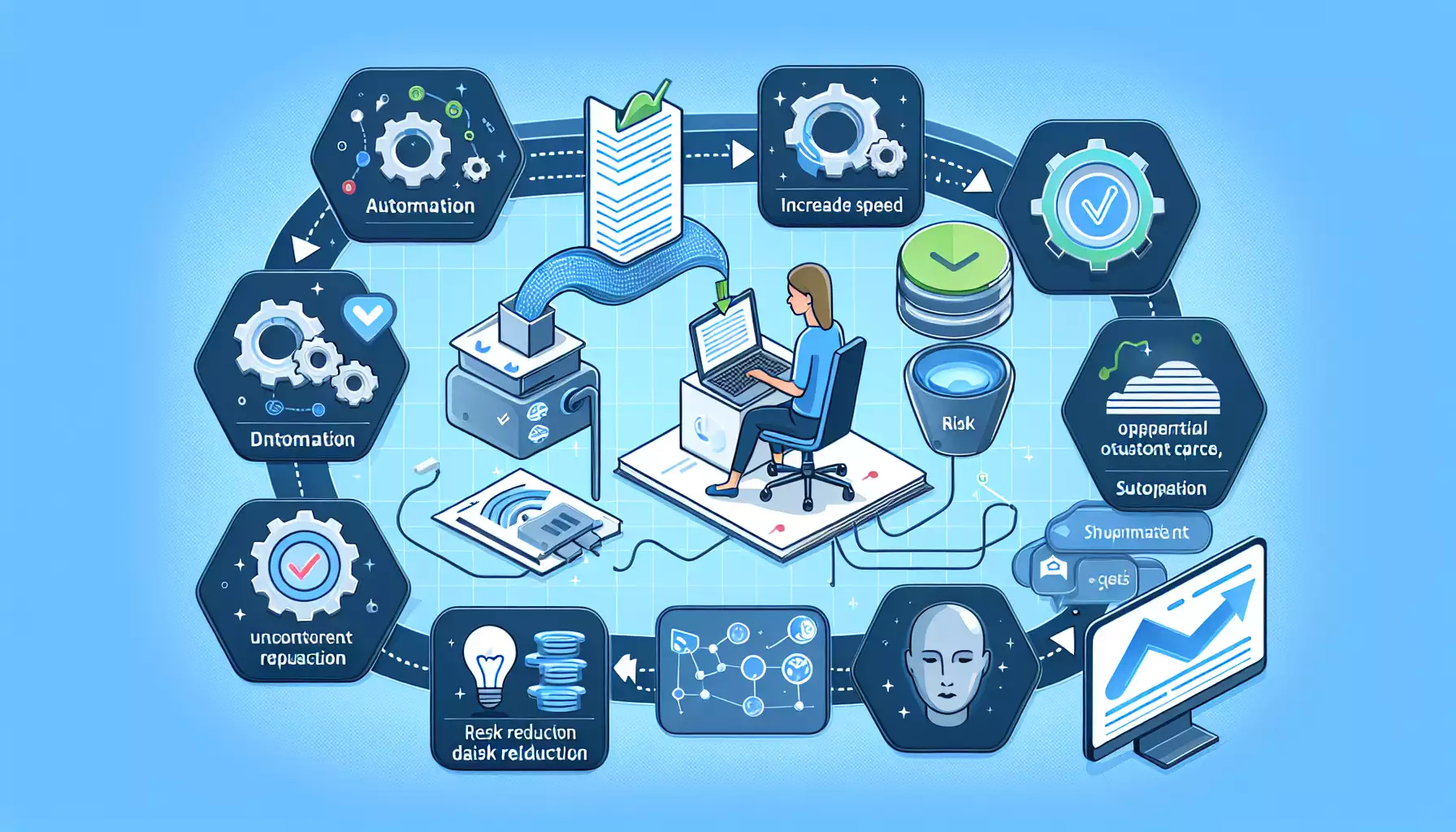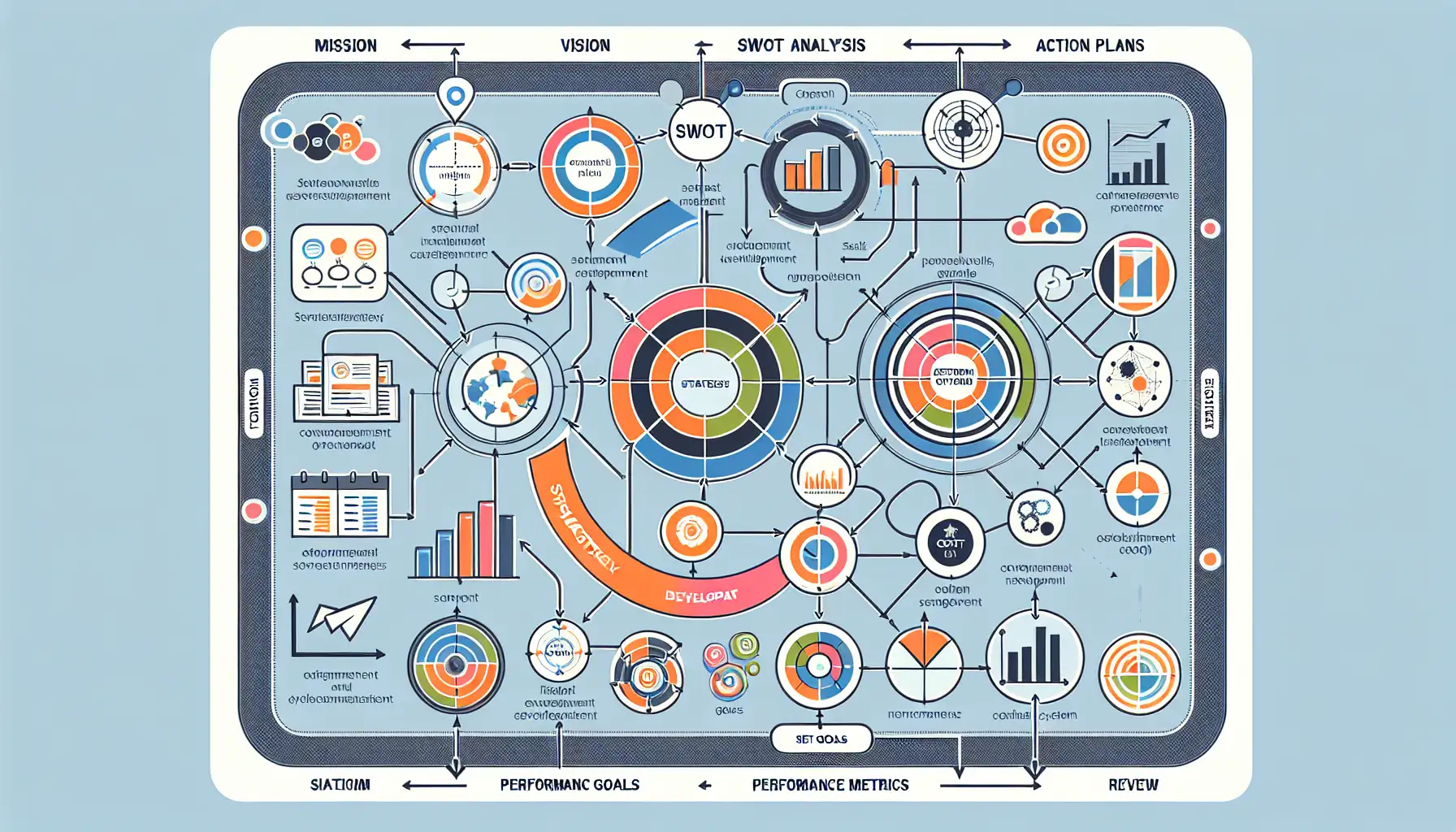AI Implementation

Contents
How to automate routine inquiries, improve service speed and quality, scale processes,
and minimize risks when implementing artificial intelligence in your support department?
AI implementation in business helps companies reduce costs and accelerate customer service. Within a support department, this solution automates routine tasks and frees up resources for high-priority projects.
| Parameter | Advantages | Disadvantages |
|---|---|---|
| Response Time | 24/7 availability, instant replies | Delays on complex queries |
| Cost | Reduces salaries and training expenses | High initial development and implementation costs |
| Answer Quality | Consistency, adherence to scripts | Risk of templated or incorrect responses |
| Scalability | Easily handles high request volumes | Requires flexible architecture for load growth |
| Human Factor | No emotional burnout | Lack of empathy in non-standard situations |
| Knowledge Updating | Self-learning on new data | Ongoing need for retraining and validation |
🚀 Main Steps for AI Implementation in Support Processes
Below is a step-by-step plan for integrating AI into daily support operations.
1. Evaluation of Current Processes
- Gather statistics on ticket types, frequency, and resolution times.
- Identify automation opportunities—frequently asked questions, order status checks.
2. Selection of Solution and Platform
- Compare off-the-shelf chatbots and virtual assistants.
- Verify customization options and CRM/ERP integration capabilities.
3. Preparation of Knowledge Base and Scripts
- Build a FAQ database with answer variations.
- Develop a detailed dialogue tree.
4. Integration and Testing
- Connect AI to website chat, messengers, and phone systems.
- Conduct tests with agents and customers; refine the dialogue flows.
5. Pilot Launch
- Roll out to a limited user group.
- Collect feedback and retrain the model as needed.
6. Full Deployment and Monitoring
- Gradually shift inquiries from agents to AI.
- Set up dashboards for satisfaction metrics, response times, and escalation rates.
7. Continuous Improvement
- Regularly update the knowledge base and retrain the model.
- Involve staff in auditing and fine-tuning AI responses.
Our company specializes in end-to-end AI implementation—from initial assessment and architecture design to system support and retraining. We manage every stage so your processes become more automated, scalable, and efficient.



